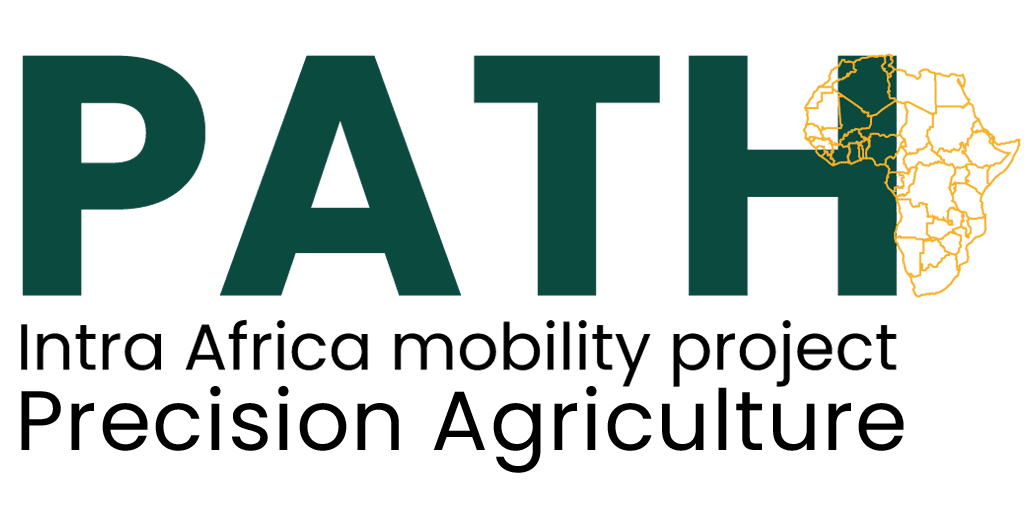Precision Agriculture,the revolution of modern farming practices
Precision agriculture is transforming the landscape of modern farming, bringing a new level of efficiency and sustainability to the industry. By leveraging advanced technologies such as GPS, IoT, remote sensing, and data analytics, farmers are now able to optimize their operations and make data-driven decisions that significantly enhance productivity. This revolutionary approach not only maximizes crop yields but also minimizes environmental impact, marking a significant shift in how farming is conducted today. Understanding Precision Agriculture Precision agriculture, also known as smart farming, involves the use of technology to monitor and manage the variability in crop production. This method employs precise measurements and data collection tools to tailor farming practices to the specific needs of crops and soil conditions in different areas of a field. The goal is to apply the right amount of inputs (water, fertilizers, pesticides) at the right time and place, ensuring optimal growth and reducing waste. Key technologies in Precision Agriculture GPS and GIS Technology: Global Positioning System (GPS) and Geographic Information Systems (GIS) are fundamental components of precision agriculture. They enable precise mapping and navigation, allowing for accurate planting, fertilizing, and harvesting operations. This precision ensures that every part of the field receives the right treatment, enhancing overall efficiency. Remote Sensing and Drones: Remote sensing technologies, including satellite imagery and drones equipped with multispectral cameras, provide detailed data on crop health, soil conditions, and pest infestations. These insights allow for timely interventions, improving crop management and reducing the reliance on chemical treatments. IoT and Sensor Networks: The Internet of Things (IoT) and sensor networks play a crucial role in real-time monitoring of various environmental parameters such as soil moisture, temperature, and nutrient levels. These sensors provide continuous data, enabling precise irrigation and fertilization, which are essential for maintaining optimal crop conditions. Big Data and Analytics: Big data analytics in precision agriculture involves processing vast amounts of data collected from multiple sources to identify trends and patterns. This analytical capability helps farmers make informed decisions about crop management, resource allocation, and risk mitigation, leading to improved productivity and profitability. Benefits of Precision Agriculture Enhanced Productivity: Precision agriculture allows for more accurate application of inputs, resulting in higher crop yields. By ensuring that each plant receives the appropriate care, farmers can significantly boost their productivity. Sustainable Farming: By optimizing the use of water, fertilizers, and pesticides, precision agriculture reduces environmental impact. This sustainable approach helps preserve natural resources and promotes eco-friendly farming practices. Cost Efficiency: Precision agriculture reduces waste and increases operational efficiency, leading to significant cost savings. Farmers can achieve better results with fewer inputs, enhancing their profitability. Improved Decision-Making: Access to real-time data and advanced analytics empowers farmers to make better-informed decisions. This proactive management style minimizes risks and maximizes returns, ensuring long-term success. Challenges and future prospects Despite its numerous benefits, precision agriculture faces several challenges. The initial cost of technology and equipment can be prohibitive, especially for small-scale farmers. Additionally, there is a need for technical expertise and ongoing training to effectively utilize these advanced tools. However, the future of precision agriculture is promising. Technological advancements are making these tools more affordable and accessible, paving the way for broader adoption. Governments and organizations are increasingly investing in research and development to support this transformation, recognizing its potential to enhance food security and sustainability. Precision agriculture is revolutionizing modern farming practices, offering a smarter, more efficient way to manage agricultural operations. By harnessing the power of technology and data, farmers can achieve unprecedented levels of productivity and sustainability. As the agricultural industry continues to evolve, precision agriculture will play a pivotal role in shaping the future of farming, ensuring that we can meet the growing demands of a global population while protecting our planet’s resources.




